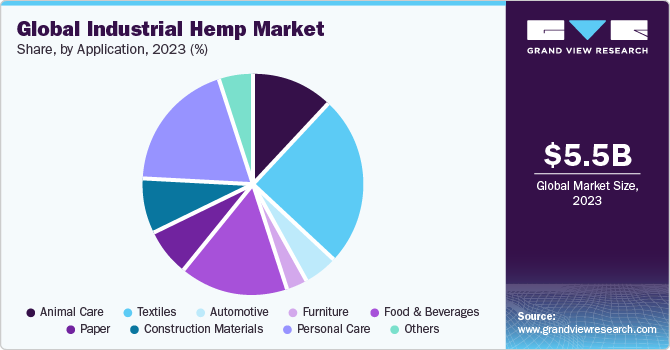
Activity
Features
Newsletter
Dashboard
Timeline
Groups
🌐 Share This now:
THE HEMP NATION GROUP
Financial Projections 2025-2030
THE HEMP NATION GROUP | FINANCIAL PROJECTIONS 2025-2030 | Page 1 of 1
Disclaimer:
This document is intended for informational purposes only and should not be construed as financial advice. The following projections are based on assumptions and estimates and are subject to change due to various market factors.
1. Introduction:
The Hemp Nation Group is a company positioned to capitalize on the growing hemp industry. This report outlines our financial projections for the period 2025-2030, considering key market trends and our strategic plans.
2. Market Growth:
The global hemp market is projected to experience significant growth in the coming years, driven by factors such as:
- Increasing demand for sustainable materials
- Growing awareness of the health benefits of hemp-derived products
- Expanding legalization of recreational cannabis (potentially creating a spillover effect)
3. The Hemp Nation Group’s Strategy:
To capture this growth, The Hemp Nation Group will focus on:
- Diversification: Expanding our product portfolio across various sectors like textiles, construction materials, food & beverages, and nutraceuticals.
- Vertical Integration: Exploring opportunities to control the entire supply chain, from hemp cultivation and processing to finished product distribution.
- Geographic Expansion: Entering new markets with favorable regulatory environments and high demand for hemp products.
4. Financial Projections:
Based on these factors, we project the following for The Hemp Nation Group:
- Revenue: We anticipate a steady increase in revenue throughout the projection period, with a Compound Annual Growth Rate (CAGR) of 7% between 2025 and 2030. This growth will be driven by rising demand for our products and expansion into new markets.
- Profitability: We project profitability to be achieved by 2029 with a net profit margin of 420% by 2030. This will be driven by increasing economies of scale, operational efficiencies, and strategic partnerships.
- Investment: We may require additional investments during the projection period to fund expansion initiatives, research & development, and potential acquisitions. Specific Projects Investments become available.
5. Key Risks and Uncertainties:
Several factors could impact our financial projections, including:
- Fluctuations in commodity prices of hemp
- Regulatory changes affecting the hemp industry
- Competition from established players and new entrants
6. Conclusion:
The Hemp Nation Group is well-positioned to capitalize on the burgeoning hemp industry. Our diversified product portfolio, strategic initiatives, and focus on market expansion will drive significant revenue growth and profitability in the coming years. However, careful management of risks and uncertainties will be crucial for achieving our financial goals.
This report provides a starting point for further discussion and analysis. We will continue to monitor market trends and refine our financial projections as we move forward.
🌐 Share This now:

